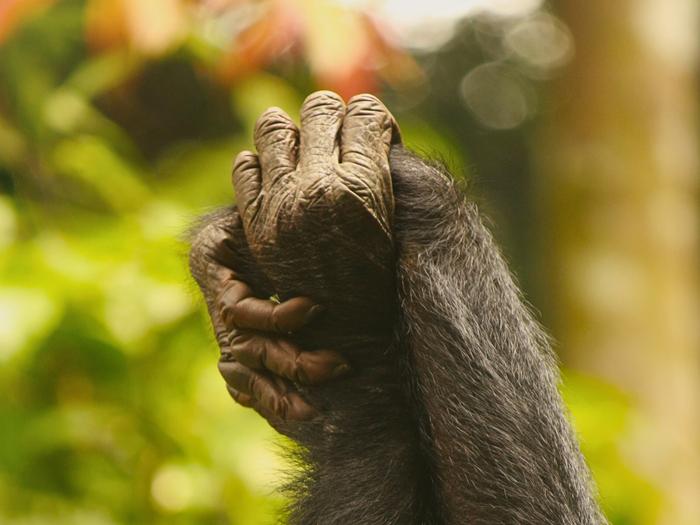Now Reading: Female Bonobos Unite to Assert Dominance Over Males
-
01
Female Bonobos Unite to Assert Dominance Over Males
Female Bonobos Unite to Assert Dominance Over Males

Speedy Summary
- Research published by the Max Planck Institute for Animal Behavior reveals that female bonobos form coalitions to dominate males, overturning typical male-biased hierarchies seen in social mammals.
- Data analyzed from six wild bonobo communities across 30 years found female-led teams succeed in 85% of conflicts with males, winning 1,099 out of 1,786 observed confrontations.
- Female alliances often form rapidly and can include vocalization and aggressive behavior towards males; instances have included fatal injuries to targeted males.
- causes behind coalition formation are unclear but may involve retribution for harm against young or other triggering factors.
- Bonobo society showcases a dominance spectrum where females hold a high status rather than absolute power. Strategies like hiding ovulation contribute to their ability to maintain influence alongside less aggressive male counterparts.
Read More: Discover Magazine
Indian Opinion Analysis
The study highlights an intriguing reversal of conventional power dynamics observed in most mammalian societies. This discovery could offer insights into evolution’s nuanced approach toward social order beyond mere physical strength or aggression. For India’s scientific community and wildlife enthusiasts, such findings emphasize the importance of long-term data collection and cross-disciplinary research involving behavioral studies across diverse ecosystems.
Furthermore, this research underscores broader themes surrounding cooperation as a mechanism for challenging dominant systems-a subject that resonates universally across societal contexts. It raises questions about parallels in human behavior within hierarchical structures while fostering curiosity towards India’s own rich biodiversity where similar cooperative strategies might exist among indigenous animal species.Understanding such behaviors deepens recognition for evolutionary adaptability-an inspiration not only for academics but potentially informing policies around conservation and coexistence efforts globally.
Read More: Discover Magazine
























